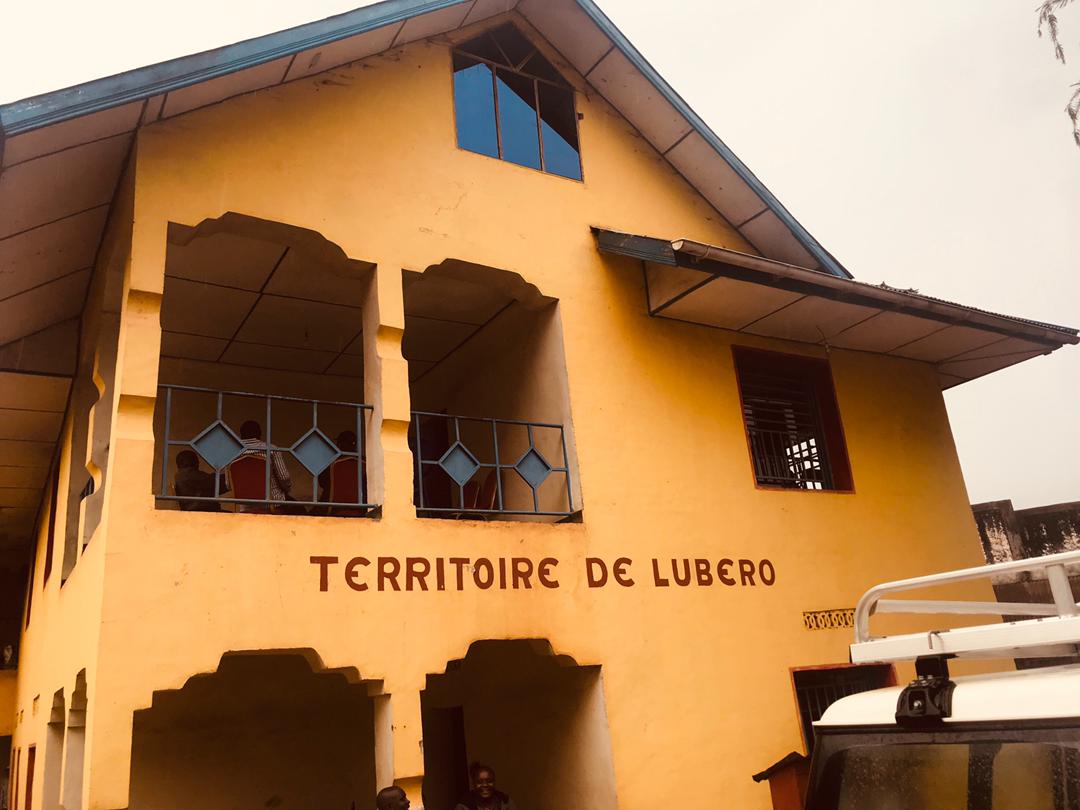The sinister afterglow of conflict has rekindled in the troubled North Kivu region, as fierce fighting has erupted between the Armed Forces of the Democratic Republic of Congo (FARDC) and M23 rebels. The villages of Matembe and Hutwe were the scene of these bloody clashes, spreading terror and uncertainty among the local populations.
The conflicting accounts of the two warring parties, each accusing the other of having initiated the attack, reflect the complexity and confusion surrounding the tragic events. According to the FARDC spokesperson, the Congolese army was the target of a violent offensive led by the M23 rebels, supported by hostile external forces. In response, the M23 rejects these accusations and points the finger at the FARDC for having started the hostilities.
This new violence comes at a crucial time, marked by the recent signing of an agreement between the DRC and Rwanda aimed at neutralizing the Democratic Forces for the Liberation of Rwanda (FDLR) and easing regional tensions. However, the recent clashes in North Kivu highlight the persistent security and stability challenges in the region.
To understand the complex issues of this situation, it is crucial to give a voice to various actors involved. Muhindo Tafuteni, president of civil society in the Lubero territory, offers essential insight into the reality experienced on the ground by local populations. For his part, Henry-Pacifique Mayala, coordinator of the Kivu Security Barometer, brings valuable expertise to analyze the dynamics of conflict and security in the region.
In parallel, the expert perspective of Augustin Muhesi, professor of political science and researcher, allows for deeper reflection on the political and socio-economic implications of recent events in North Kivu. Through their nuanced analyses, these key actors offer insightful perspectives to decode the complex issues underlying armed conflicts in the region.
Ultimately, the violent clashes between the FARDC and the M23 rebels in Matembe and Hutwe raise critical questions about security, stability, and governance in the region. As local populations continue to suffer the devastating consequences of the violence, it is imperative to seek sustainable solutions to promote peace and reconciliation in North Kivu.

